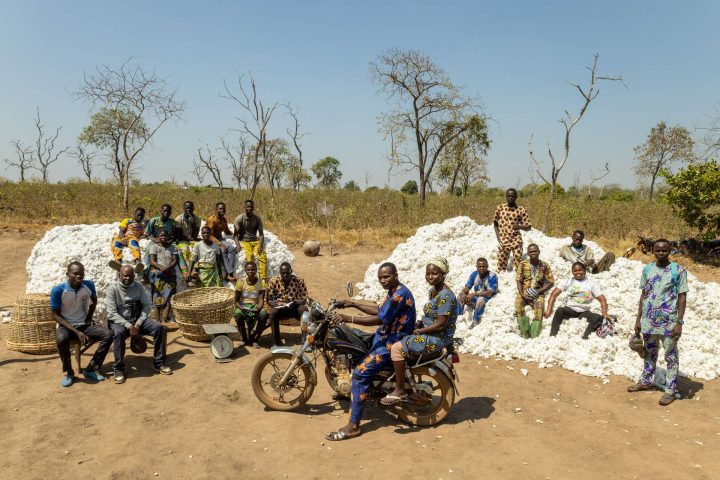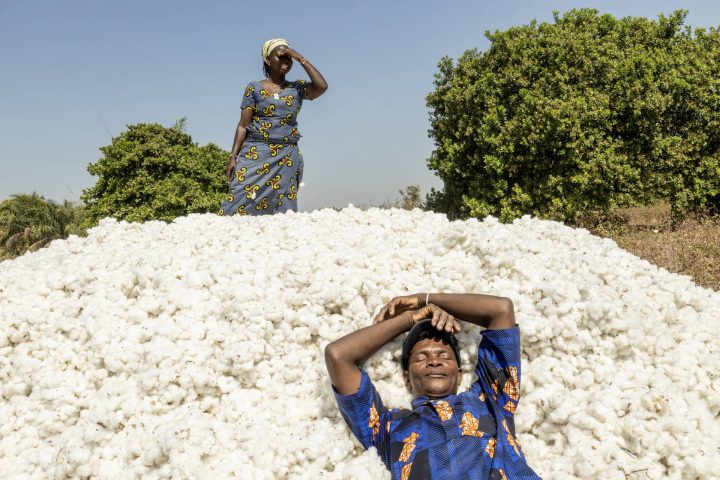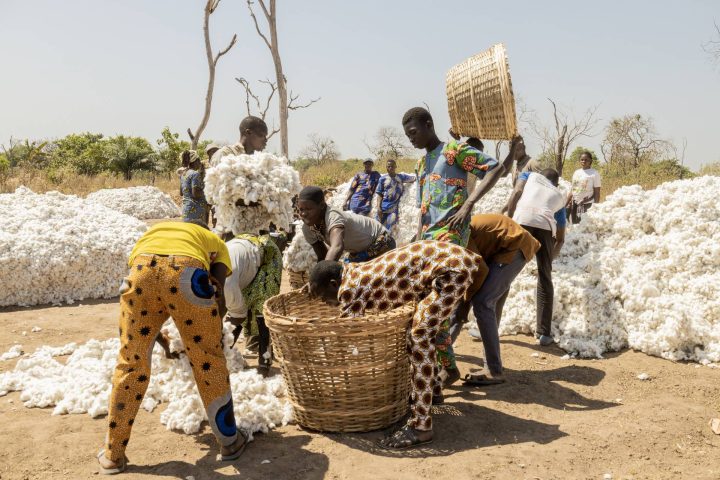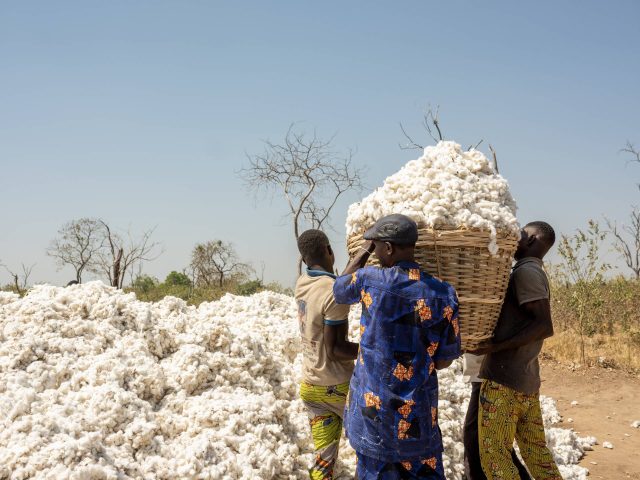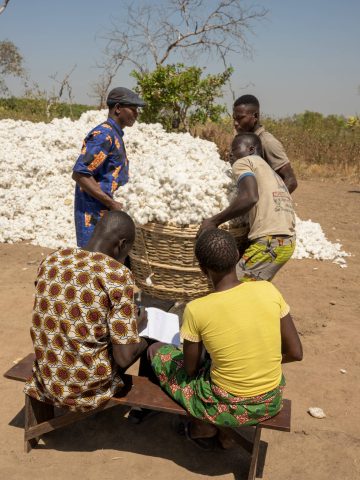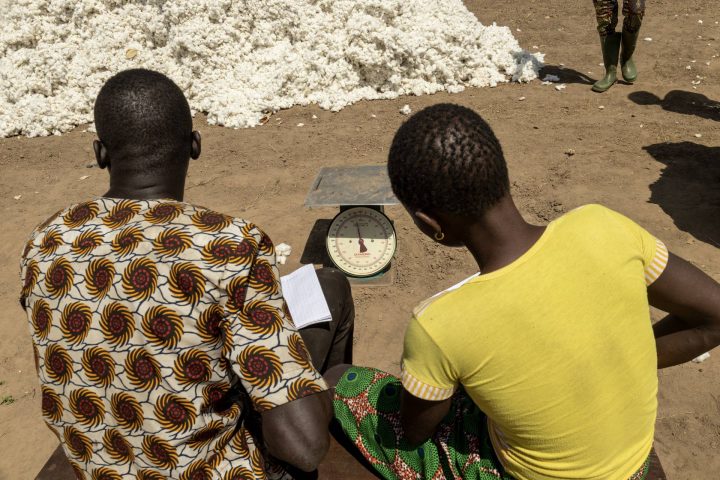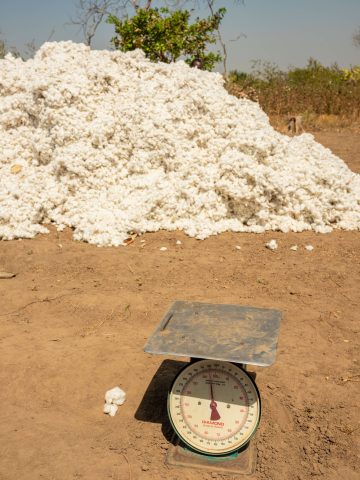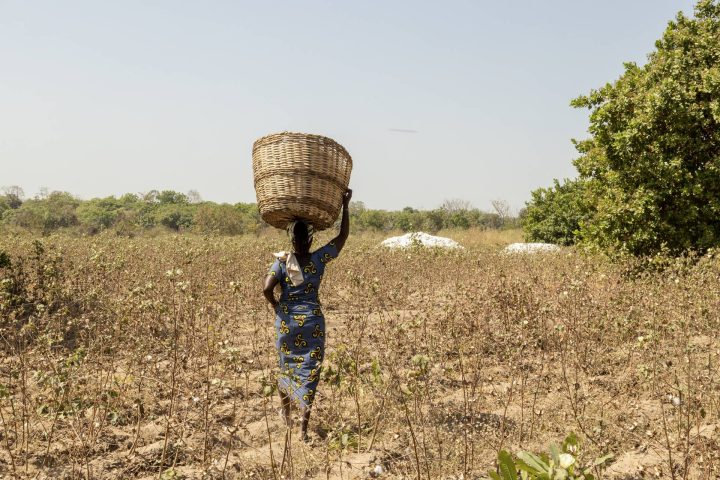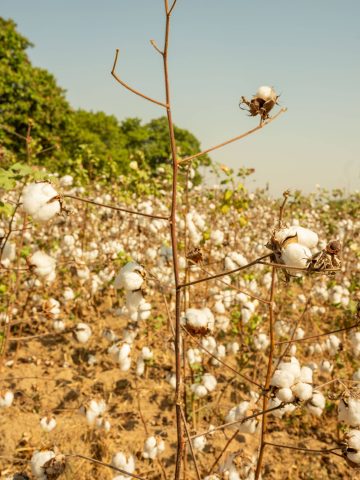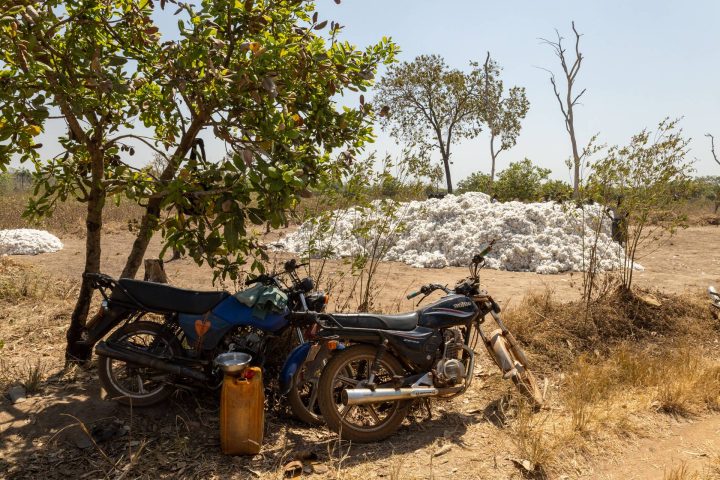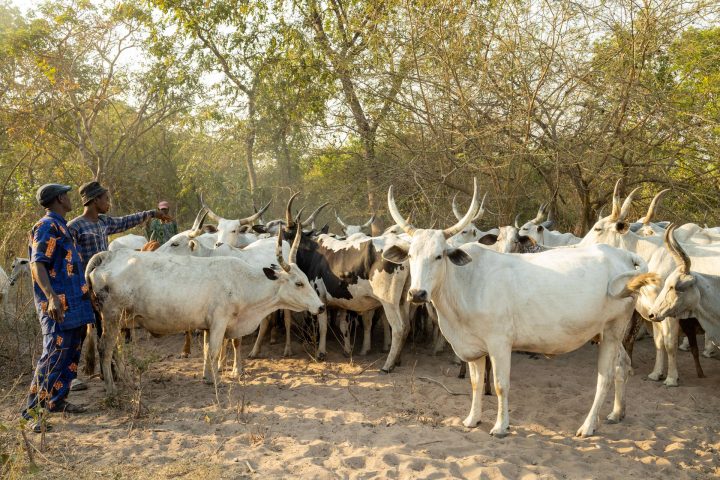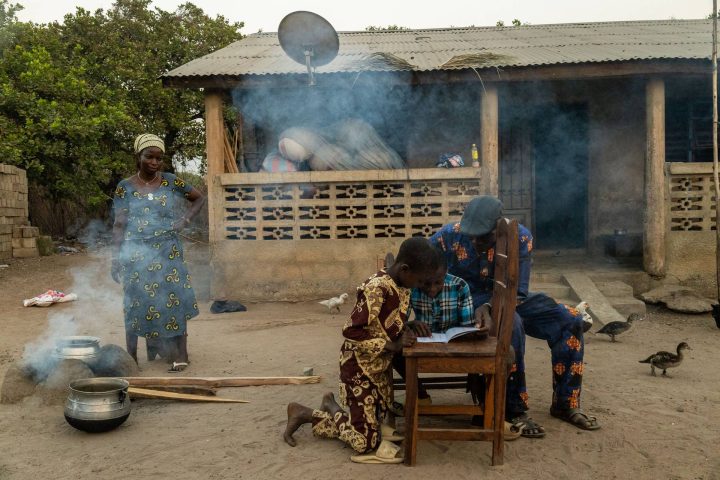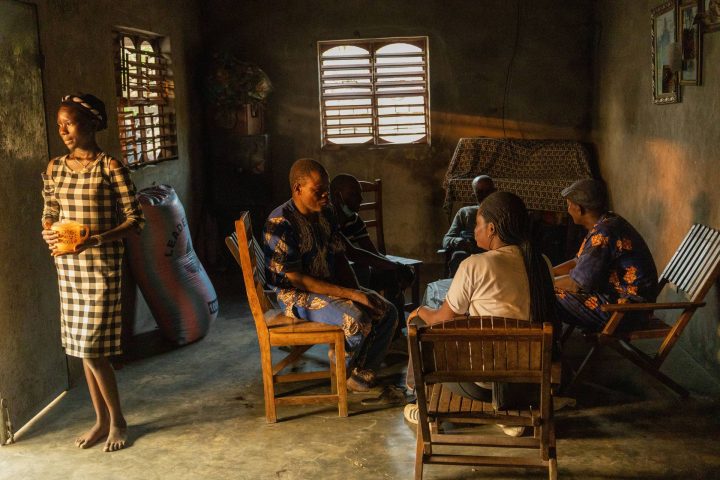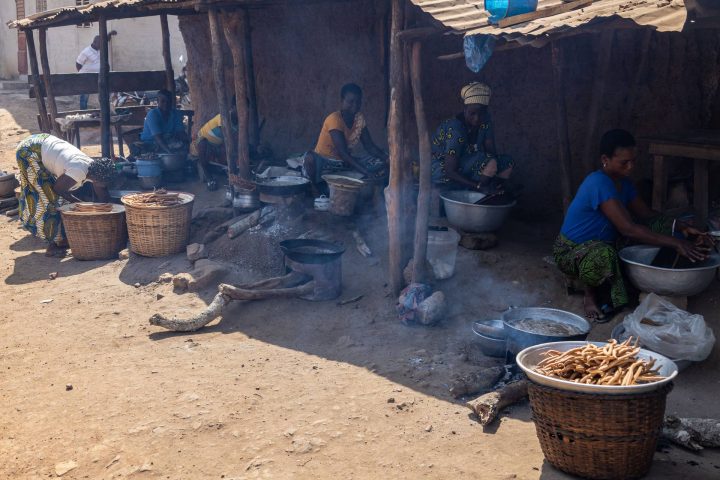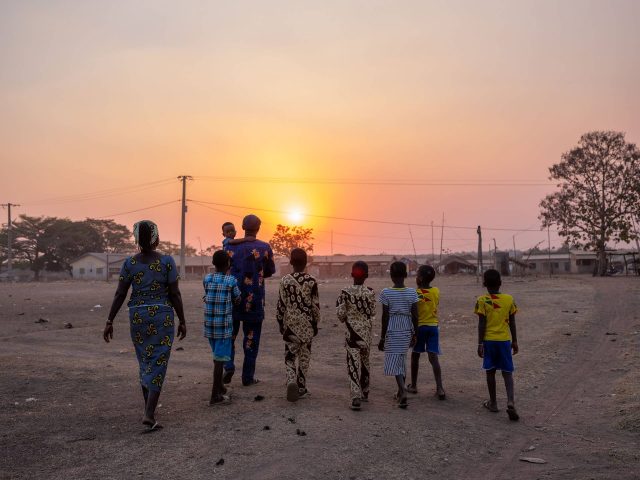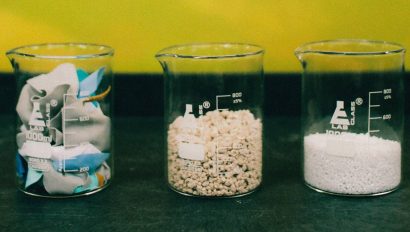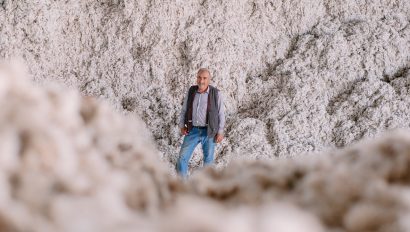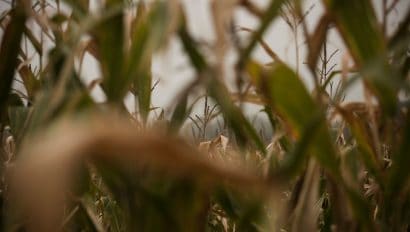Empowering Cotton Communities through Organic Farming in Aklampa, Benin

Magnum Photographer Lindokuhle Sobekwa travels to Benin to meet with local cotton farmers, who, thanks to partnering with OBEPAB (Beninese Organization for the Promotion of Organic Agriculture) and PAN UK (Pesticide Action Network UK), have seen their communities transform through organic and inclusive approaches.
It’s February in the town of Glazoué in Benin’s central Aklampa district, and harvest season is nearing its end. The sun is high in the sky, and local smallholder farmers are busy weighing their yields. The community is gathered around a tall mound of soft white cotton, which is slowly packed into large wicker baskets and placed on the scales.
Among the group are Paul Leode and Elisabeth Degbohoue. The pair have been farming their own plots of land organically since 2007 and 2009 respectively, growing cotton in rotation with pigeon peas, peanuts, sesame and manioc, also known as cassava. They keep what they need to feed their family and sell the rest at the market.
Leode and Degbohoue are two of around eight thousand farmers working with the Beninese Organization for the Promotion of Organic Agriculture (OBEPAB), which trains local farmers in organic farming and promotes gender inclusivity. Now, they are safe in the knowledge that the soil that sustains them and their seven children – through both food crops and cotton – is free from chemical inputs.
“The switch to organic farming practices has enabled my family and I to feel better about our health and to improve the condition of our soils,” Leode shares, speaking to the holistic benefits that come with rotating cash crops with food to eat and reducing exposure to hazardous pesticides.
“Thanks to organic cotton production, I’m able to rotate and combine food crops with growing products to sell without having to worry about contamination. As a result, I no longer need to go to the market to buy food products, because I produce enough to meet my family’s needs.”
“Producing organic cotton is a change of behavior that has never been easy,” he adds, “but with the conviction and the spirit of protecting health and the environment, I have had the courage and the will to overcome the use of chemical inputs.”
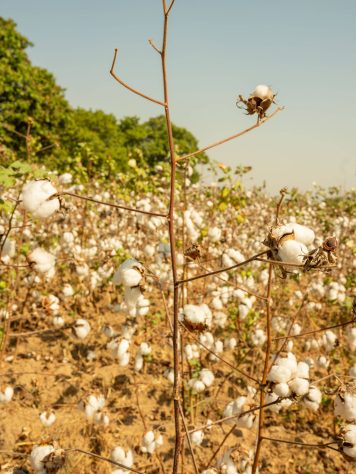
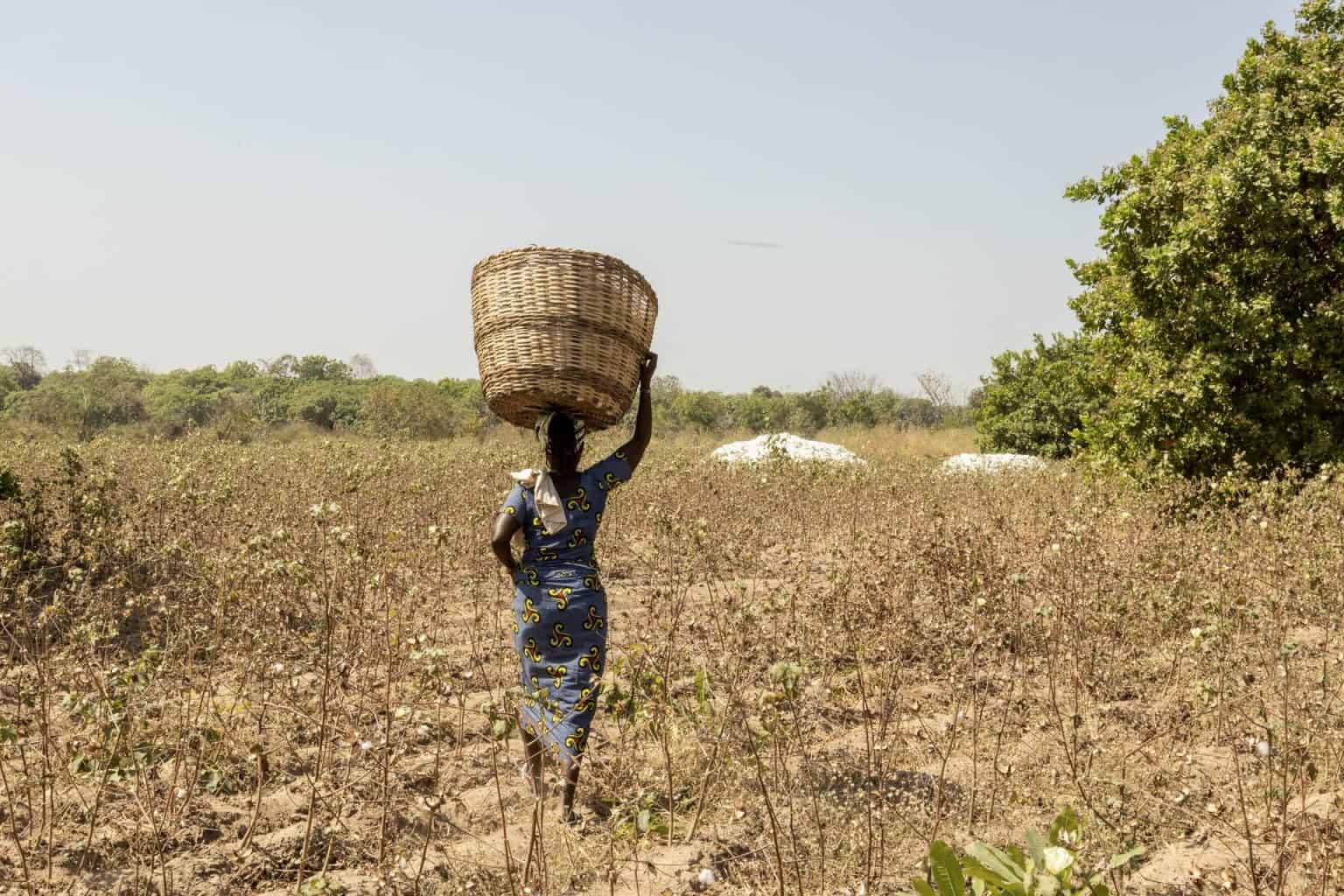
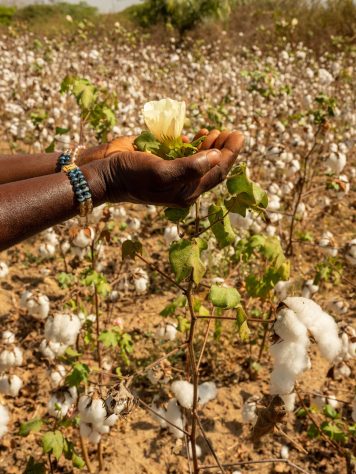
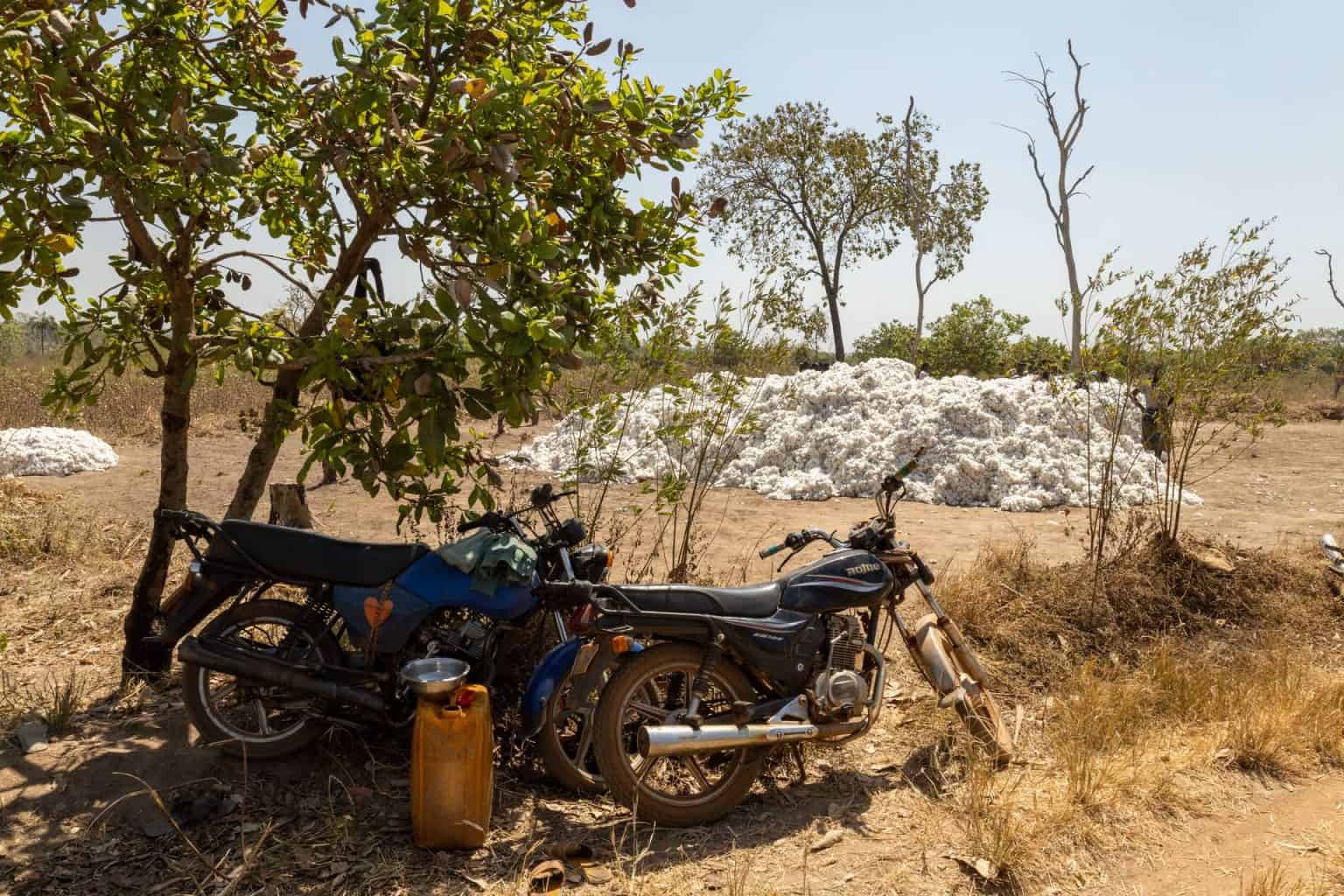
Creating space for hands-on learning in the field
When Leode and Degbohoue first decided to participate in the training, they wanted to move away from conventional agricultural chemicals, complaining of skin irritation, dizziness and coughing from contact with chemical pesticides. They had also observed a drop in soil fertility from the prolonged usage of chemical fertilizers, spurring their search for alternative options.
Now, the couple have learned how to use trap crops like okra and bissap – also known as hibiscus – and biopesticides made from ground neem seeds to deter pests on their land. They stay on top of regular weeding to keep their fields clean, replace fertlizers with compost and palm kernel cake, and graze cattle on their plots between rotations.
While cotton supports the livelihoods of half the population in Benin, these methods were long been seen as going against the grain, and women were left out of the conversation. Recognizing the value that an alternative approach to agriculture could bring to local communities, local agronomist Professor Simplice Davo Vodouhe started OBEPAB in 1996 to begin training farmers in an organic, inclusive model, with support from Pesticide Action Network UK (PAN UK).
“We started with cotton, because that is the main crop in Benin that uses pesticides, and with a group of just 17 farmers,” Professor Vodouhe shares. This hands-on approach, based on the Farmer Field School (FFS) model, has since put the learning in the hands of farmers while also understanding and addressing their needs – setting them up for long-term resiliency and independence.
“In a Farmer Field School we host a group of about 25 farmers regularly throughout the season on a “learning plot” where they trial different practices and observe the results for themselves,” adds Rajan Bhopal, International Project Manager at PAN UK. “With this approach, farmers rapidly adopt organic agriculture.” Today, OBEPAB supports more than five thousand certified organic farmers and three thousand farmers in conversion to organic.
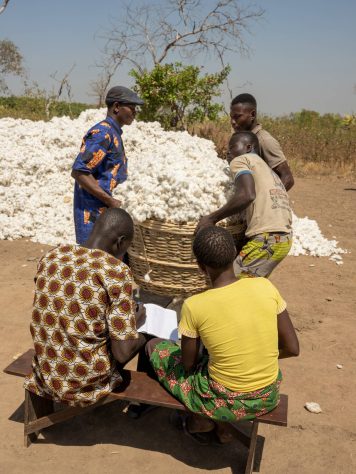
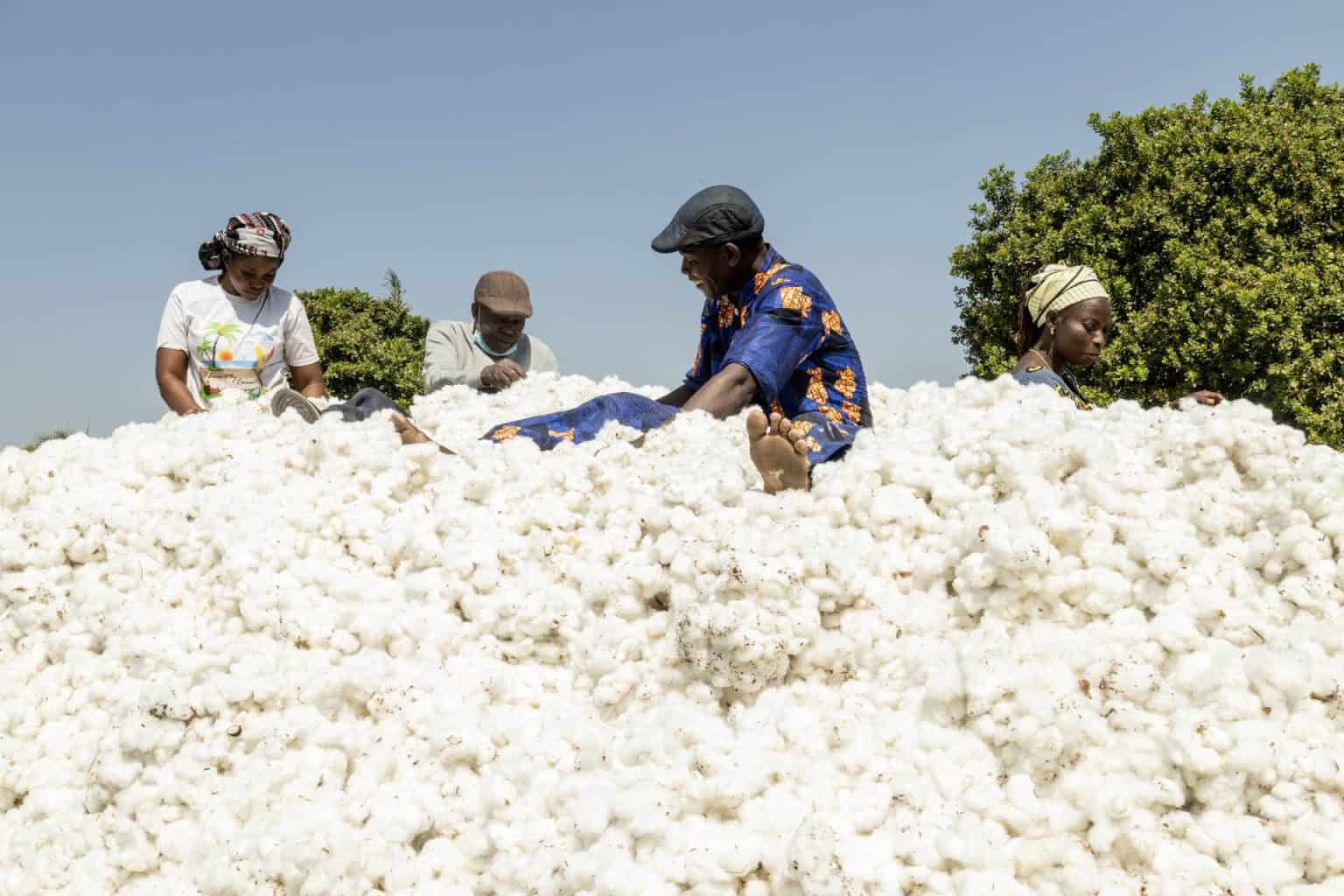
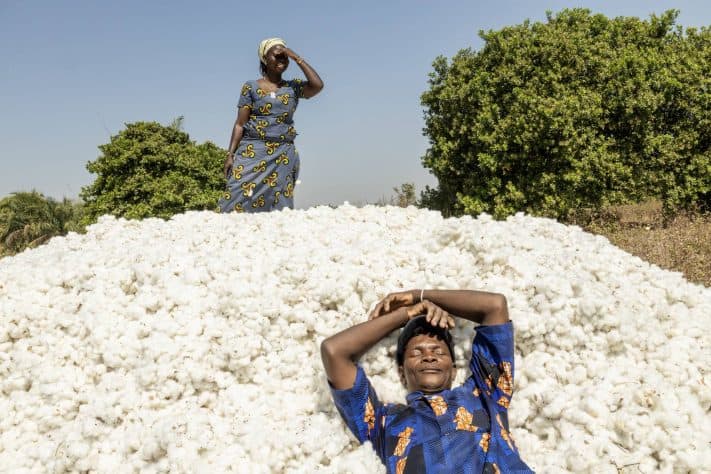
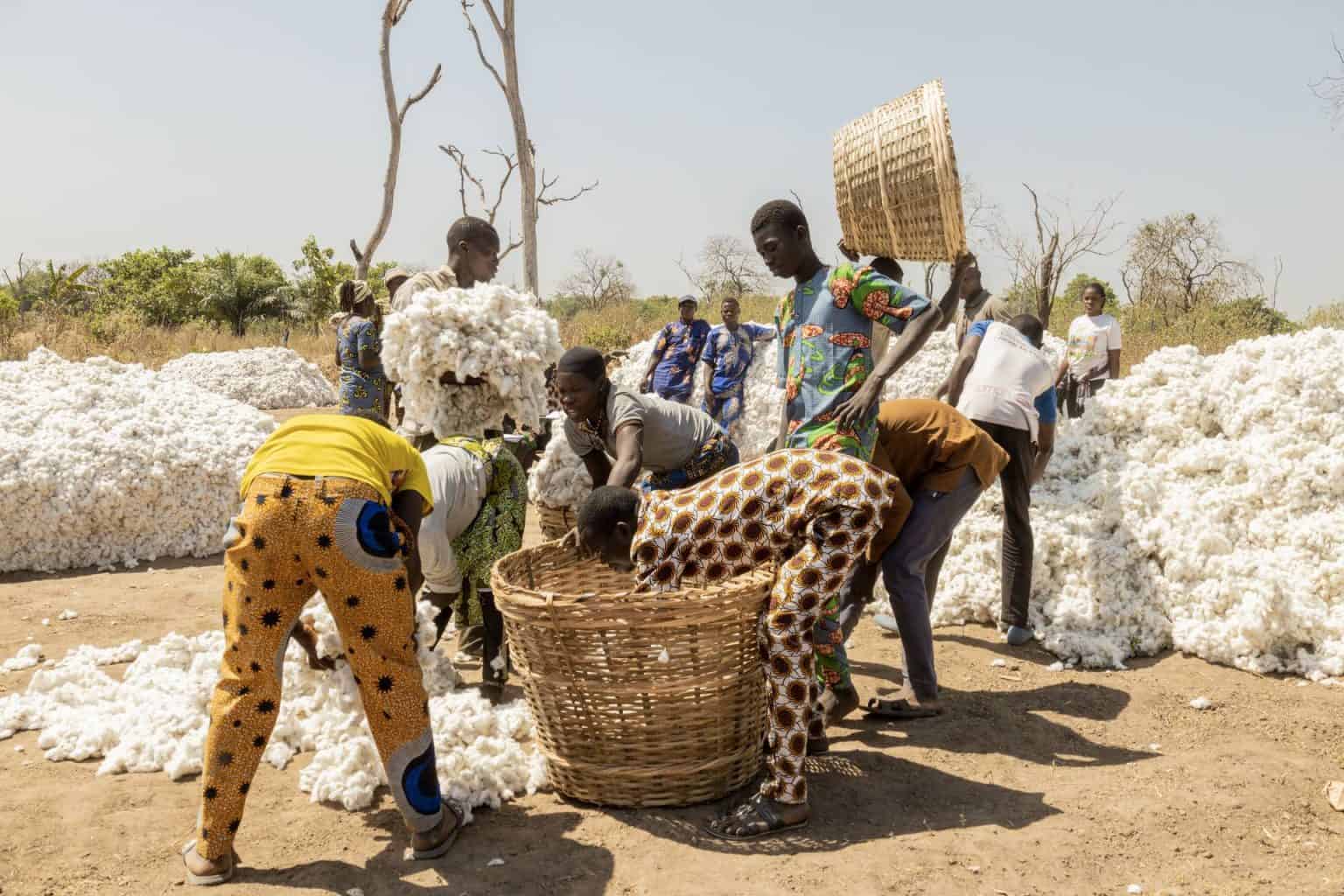
Promoting gender parity from the ground up
Alongside training farmers in organic practices, OBEPAB and PAN UK are committed to cultivating gender parity from the ground up.
Degbohoue’s own success speaks to the value of this approach. She now manages an area of land twice as big as the one she started out with. What’s more, women make up 30% of the local organic farmers participating in the project, which is three times as many as for conventional cotton in the area.
This shift would not have been possible without expanding community perceptions around what women can do. “Thanks to the production of organic cotton and the support I get from OBEPAB, my husband has given me good land for my own production,” Degbohoue explains speaking to the success of one of its less conventionally named focus groups: the School for Husbands.
“In the beginning, when men had finished using their land, they’d leave it to their wives to crop,’ explains Professor Vodouhe. “This meant that women were left with poor land with very low yields. So, we needed men to give better land to their wives.”
OBEPAB went on to organize a workshop to help men and women discuss how to improve the situation, educating men to ensure women are given fertile land. And starting out with better soil became a significant step towards their financial independence.
“With better land and improved yield, women were able to get direct revenue from people who buy their products,” Vodouhe continues. “This also improved the overall situation of their households, as it meant they could invest money to help their children go to school.”
For Degbohoue, having access to better land has led to better yields, increased revenue, and financial independence. “I first work in my own field before helping my husband in his,” she notes. “What’s more, my husband no longer has much say in how I manage my income.”
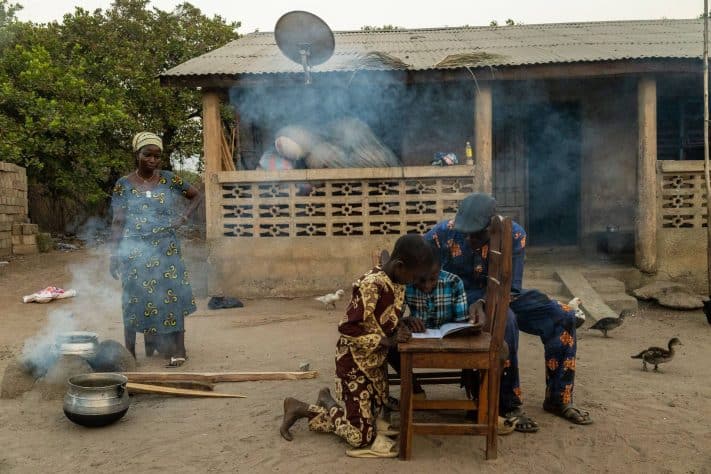
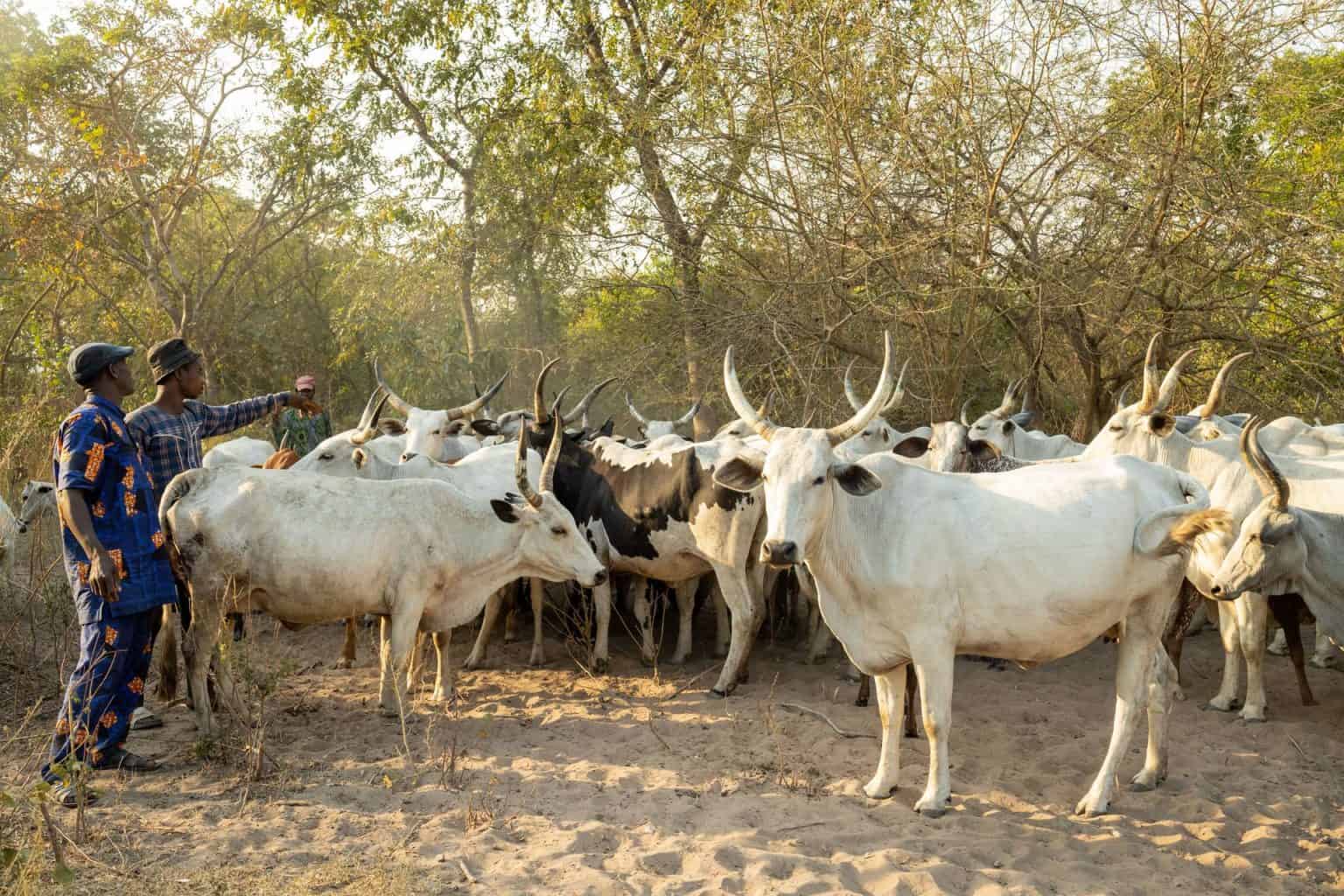
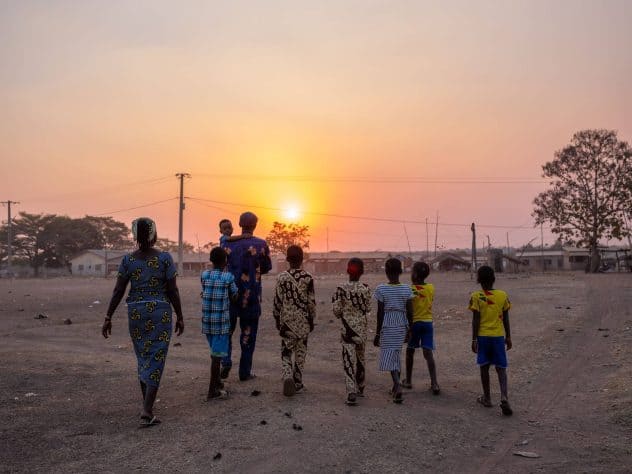
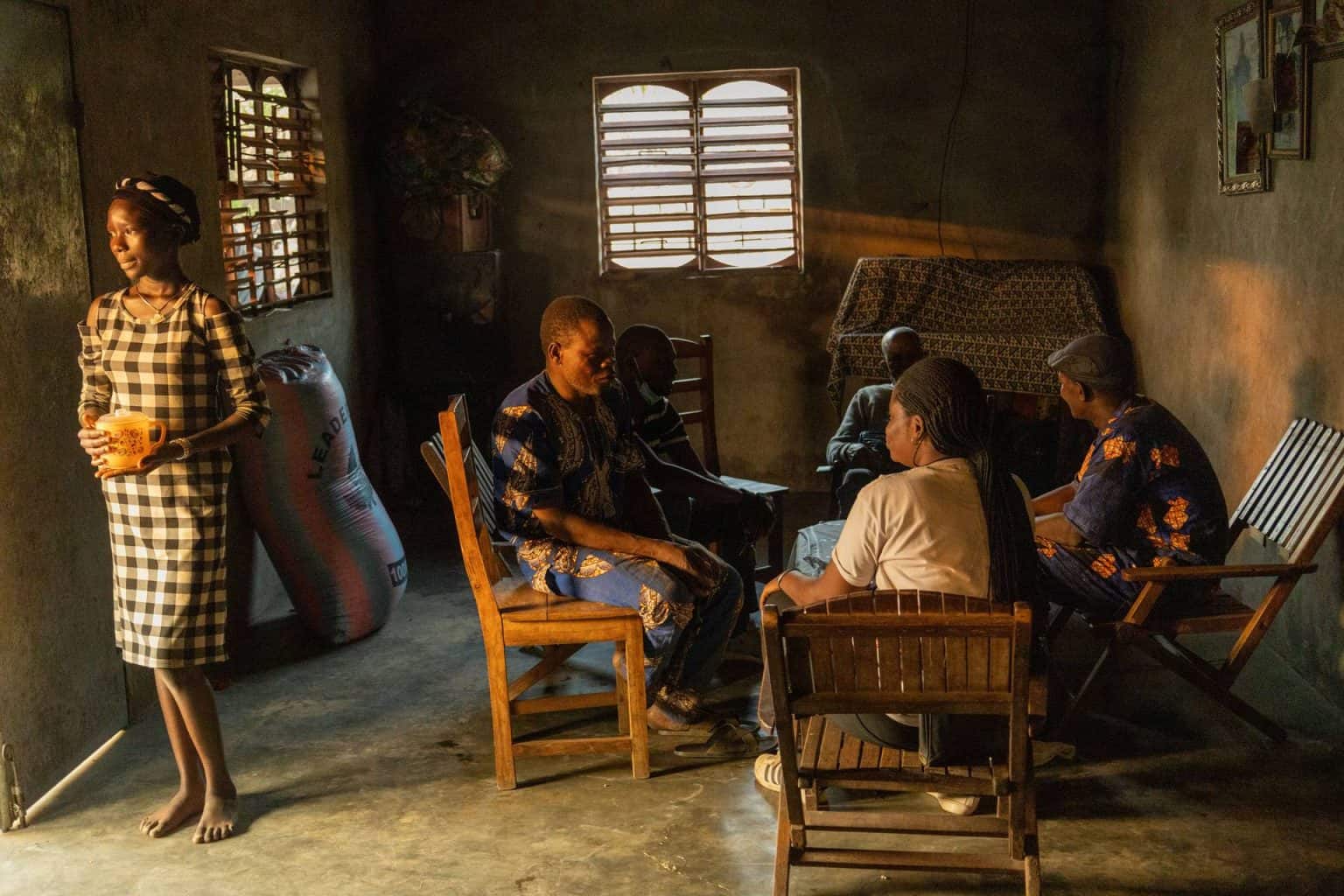
Paving the way for financial freedom
Together with OBEPAB and PAN UK, the local farmers have shown that it is not only possible to avoid the use of pesticides and chemical inputs, but that doing so paves the way for financial freedom.
For the around five thousand farms that are now certified organic, yields are maintained in line with conventional cotton but reduced production costs and a premium price for organic have led to significantly increased profit and greater resilience. In addition, with intercropping and rotation farming techniques, farmers are creating new revenue streams while continually nourishing their soil.
“[Organic farming] has enabled me to improve our income through a 20% premium on top of the conventional price,” Leode shares, speaking to the premium that AIC – the National Interprofessional Cotton Association – pays for organic. “Through my income, it has enabled me to send my children to school.”
Yet despite the successes seen, OBEPAB relies on donors to fund its programs and is keen to attract funding from the private buyers of organic cotton to help cover the costs of training and certification, and support more farmers to convert to organic. Better purchasing practices, such as longer-term commitments would lend more stability to farmers and provide increased assurance for Benin’s fast-growing organic cotton sector.
Establishing the long-term resilience of Benin’s thriving organic cotton sector will be key to making sure any funds from the successes seen so far are invested back into the community. And this is how Degbohoue envisages her earnings being used, along with those of other women who are inspired to join her on the journey.
“By spreading and adopting organic farming on a massive scale, we will be able to build social and community infrastructure in our locality such as wells, shops, and small means of transport to local markets,” she summarizes. “I also hope that spreading the benefits of organic farming will help to protect our environment.”
See the full story
Empowering Cotton Communities in Aklampa, Benin
Lindokuhle Sobekwa sat on the judging panel of our 2022 photography competition with Magnum Photos, which called on photographers to explore the visual stories that take place when fibers and materials are cultivated, created, spun, woven, sewn, loved and cherished – gaining cultural and emotional significance through the journey.
